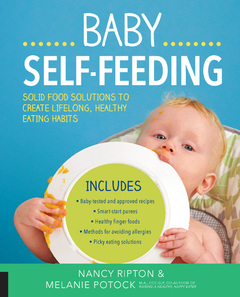Are helmets putting our kids at an increased risk of head injuries?

As a parent it’s easy to worry about every bump your child takes – especially if it’s on the head. I’ve been guilty of taking more than one of my kids to the emergency room after a head bump “just to make sure” my child was okay.
These worries have led to helmets for everything from cycling around the block to a skate around the ice. However, head trauma rates amongst elite athletes continue to rise. Experts are worried that the constant helmet use is causing people to be more careless and that taking helmets off occasionally forces us to exercise caution and know that the helmet doesn’t provide all-out protection.
The small, occasional one-off head trauma rarely cause negative implications, rather it’s the repeated bumps that make a difference.
Experts estimate that the average high school or college football players will sustain 1,000 head impacts during a typical season. One thousand head injuries in a single season! The average youth football player (ages 6 to high school) can accumulate 100 head impacts a season. That’s a lot of bumps to the noggin.
A study published this month in JAMA Neurology looks at the impact of chronic traumatic encephalopathy (CTE) associated with repetitive head impacts. CTE can currently only be studied post-mortem and this JAMA study focused on a 25-year-old football player who started the sport at six and played three years of Division I college football. He experienced more than 10 concussions, the first occurring at age eight. He ended up giving up football in his junior year due to concentration and memory problems and soon began failing (he once had a GPA of 3.8) and had to leave college 12 credits short of his bachelor degree. His health and mental state continued to deteriorate until he passed away at 25.
As studies around concussions continue, it’s important for us to remember that helmets do very little towards preventing the damaging trauma of a head injury. We have to make sure our kids aren’t taking unnecessary risks simply because they’re wearing a helmet.

